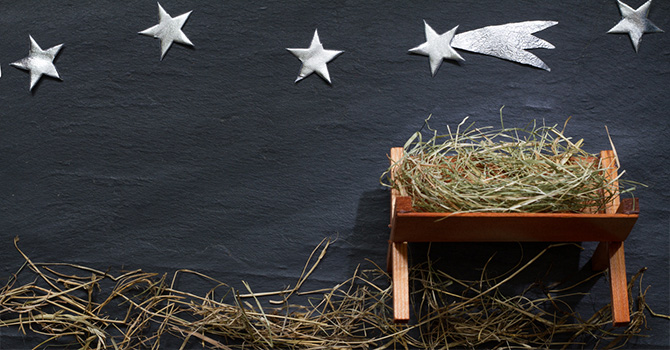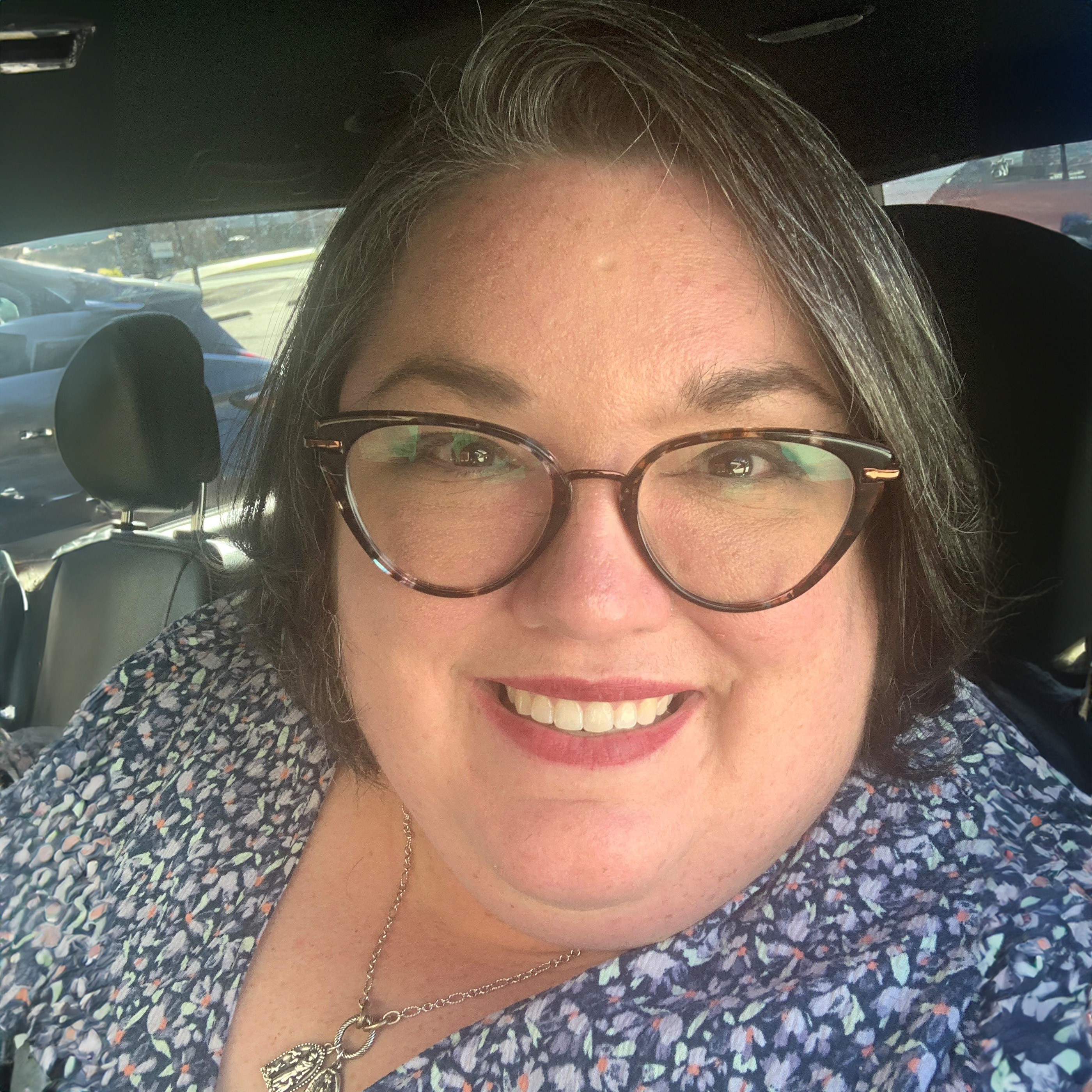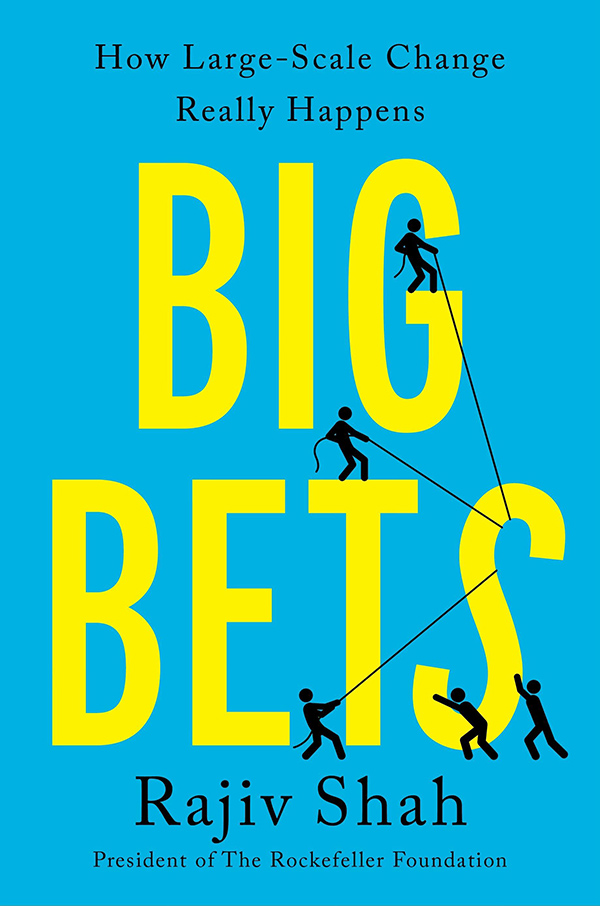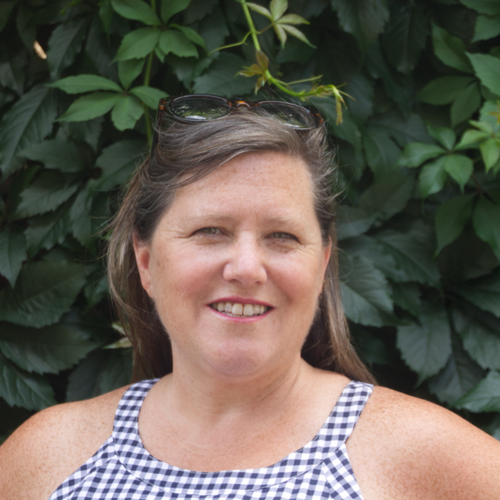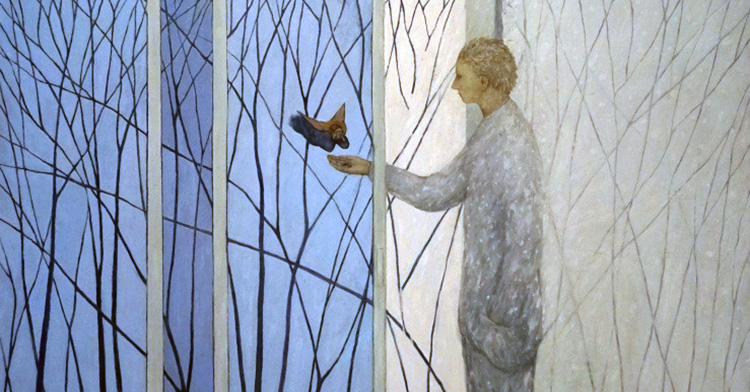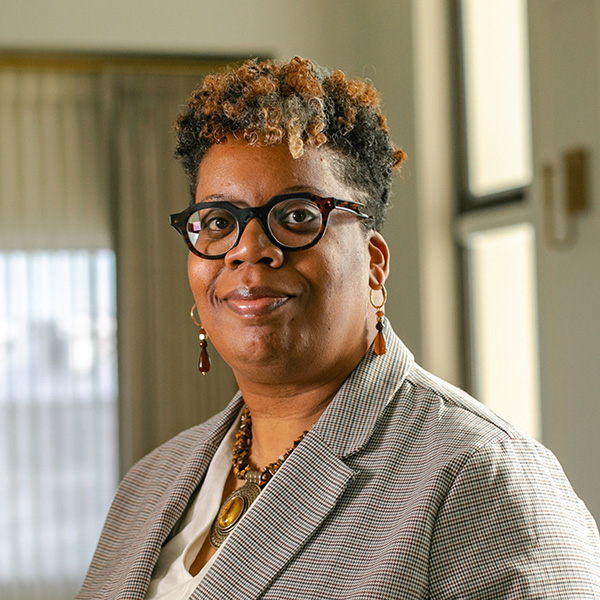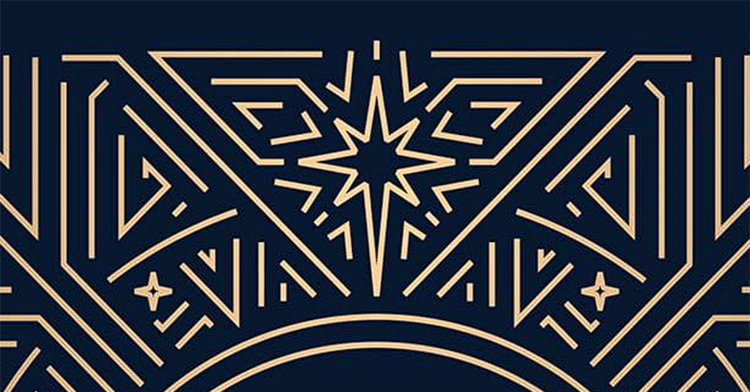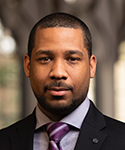New Year’s at a yoga studio is like Advent in a church. People return who haven’t graced the threshold for months, and new folks find their way in.
Before I became a pastor, I taught yoga, and I was fascinated by the January crowds. Buoyed by their New Year’s resolutions, new students seemed determined to keep up, while former regulars seemed driven to have their practice look just as it had six months prior.
But often it took only 20 minutes for the sweat to bead up and their eyes to look a little frantic. They weren’t necessarily out of shape. Rather, they seemed to be holding themselves to some notion of what they should be doing, determined to do things to their bodies rather than to work with them.
In yoga, the task at hand is to listen to one’s body, to feel how it responds to the different postures, and to breathe deeply. Rather than forcing bodies into submission, the goal is to learn, experientially, the unity of body, mind and spirit. This requires openness -- and most of all, vulnerability.
Advent is the Christian New Year’s and so, as we lean toward the incarnation, we need to keep this task in mind. We need to remember our bodies. And if we start to know, explore and honor our own physical selves, what will that mean for how we treat the bodies around us?
So often, society implies that we are not our bodies, that the right lotions or programs or foods can turn our forms -- and implicitly, ourselves -- into whatever we desire them to be. The implication is that our bodies are ours to craft, to “sculpt,” separate from our selves.
Our calling, however, is to slough off that which keeps us from connecting with our bodies. Often, it’s guilt or shame or fear that separates us from our physical selves, dividing ourselves from the truth that God is with us, working through us, enfleshed among us.
Often, sin is described as separation or alienation from God. Yet as the body of Christ, we need to look for God within ourselves. Through the incarnation, God has blessed our bodies, blessed us, the church, as the body of Christ here and now. When we lose connection with our bodies, we divide ourselves from a central way of knowing and understanding God.
And here we are, in the midst of a season that runs many of us ragged, too busy to exercise, with too little time to cook, nervous to listen to our bodies, because we’re probably not going to like what we hear. But even as the culture pushes us toward bodily negligence, the liturgical year pushes us to reconsider a more healthy relationship with the physical form.
What would happen if we slowed down and started to listen to our bodies, to explore what they allow us to feel, and what indeed they are capable of? As we walk toward Christmas, we await the celebration of God made visible, God made flesh -- which also means God made vulnerable, utterly human while being utterly divine.
The practice of yoga makes us vulnerable. Sometimes you need to back out of a pose. The most interesting moment is when you’ve found your “edge.” You feel the sensation and respond. Do you panic, do your eyes get big, or can you focus on the breath, finding constancy in the midst of the intensity?
That Christmas so long ago, eclectic gatherings crowded into the manger. The magi were well-connected, as the story goes, knowing political leaders and bringing rare and expensive gifts. The shepherds occupied the other end of the class spectrum, huddled close, the smell of their flock clinging to them. These different groups crossed lines of class and situation; they traveled to an out-of-the-way town to be part of the good news.
And isn’t that where we’re called? In this season of the incarnation, we are called to honor our bodies, blessed and whole; we’re called to truly be the body of Christ in every way. And God tends to work through the most improbable bodies, vulnerable by position, by status or by form.
Advent ends with a body -- a radically vulnerable body, a small, new creation growing deep within Mary’s womb. This is the season in which we prepare to celebrate the one who took on flesh and slipped into the world. The incarnation, this impossible, stunning act, implies much not only about the bodies of the season but also about how we should treat bodies, our own and the bodies around us.
As you journey into the Christian New Year, may you begin to listen in for a hint of what your body is capable of. May this journey through Christmas let us take steps truly celebrating the truth of the incarnation.



